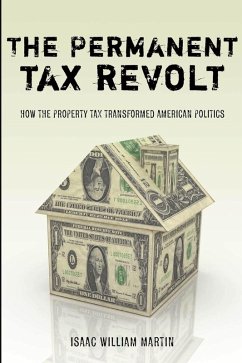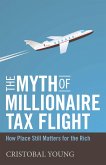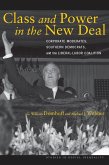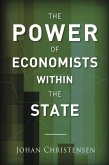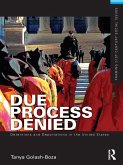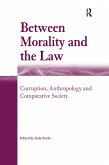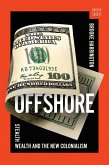Tax cuts are such a pervasive feature of the American political landscape that the political establishment rarely questions them. Since 2001, Congress has abolished the tax on inherited wealth and passed a major income tax cut every year, including two of the three largest income tax cuts in American history despite a long drawn-out war and massive budget deficits. The Permanent Tax Revolt traces the origins of this anti-tax campaign to the 1970s, in particular, to the influence of grassroots tax rebellions as homeowners across the United States rallied to protest their local property taxes.
Isaac William Martin advances the provocative new argument that the property tax revolt was not a conservative backlash against big government, but instead a defensive movement for government protection from the market. The tax privilege that the tax rebels were defending was in fact one of the largest government social programs in the postwar era.
While the movement to defend homeowners' tax breaks drew much of its inspiration-and many of its early leaders-from the progressive movement for welfare rights, politicians on both sides of the aisle quickly learned that supporting big tax cuts was good politics. In time, American political institutions and the strategic choices made by the protesters ultimately channeled the movement toward the kind of tax relief favored by the political right, with dramatic consequences for American politics today.
Isaac William Martin advances the provocative new argument that the property tax revolt was not a conservative backlash against big government, but instead a defensive movement for government protection from the market. The tax privilege that the tax rebels were defending was in fact one of the largest government social programs in the postwar era.
While the movement to defend homeowners' tax breaks drew much of its inspiration-and many of its early leaders-from the progressive movement for welfare rights, politicians on both sides of the aisle quickly learned that supporting big tax cuts was good politics. In time, American political institutions and the strategic choices made by the protesters ultimately channeled the movement toward the kind of tax relief favored by the political right, with dramatic consequences for American politics today.
Dieser Download kann aus rechtlichen Gründen nur mit Rechnungsadresse in A, D ausgeliefert werden.

